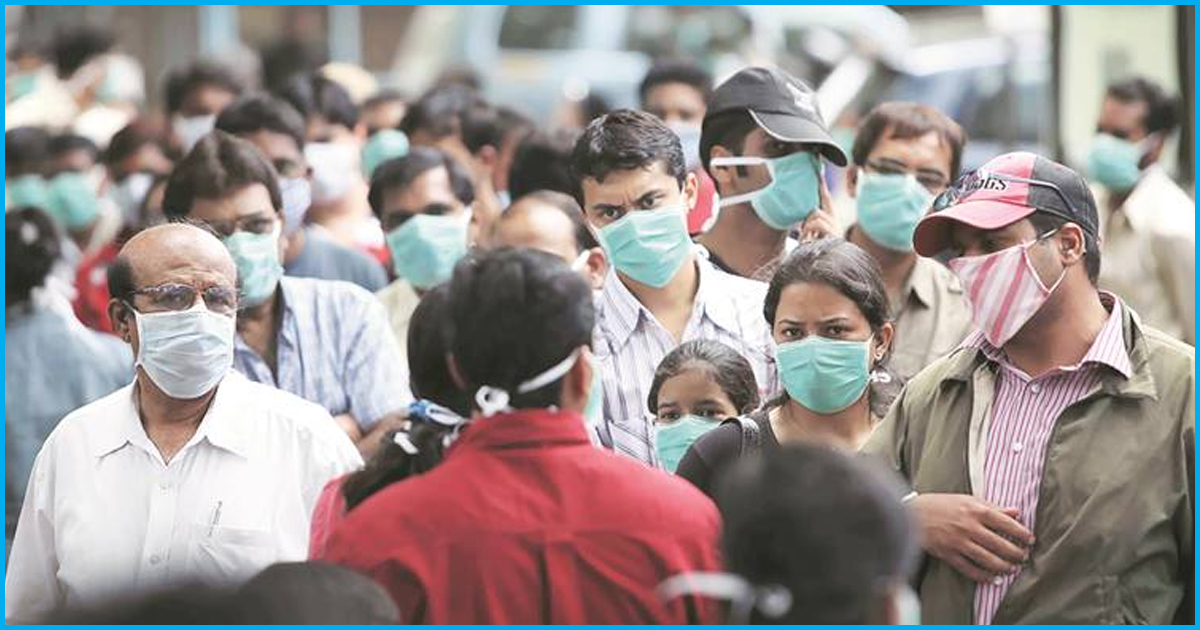Bengaluru faced an alarming increase in the swine flu cases in the city, so far 46 cases have been confirmed in the city as per the report by News18. The health department has issued a health alert after the sudden rise in H1N1 cases; District administration appealed the citizens to guard themselves against the virus. In the last one week from September 29 to October 5, 46 cases have been reported, of which Mahadevpura area is the worst affected according to The Times of India.
Dr Sunanda, Bengaluru Urban district surveillance officer said that most of the cases were detected at private hospitals and that guidelines have been issued to ensure that there is a correct and fast diagnosis. She also added that medicines are being made available to the patients.
The authorities have surveyed around 3,736 houses to detect H1N1 cases; the health department has distributed around 150 Tamiflu tablets to 150 family members of the affected so far. The officials have identified areas of Dommasandra, Singasandra, Sahakara Nagar, Konanakunte, Begapur, MS Palya, Amruthahalli, Jalahalli, Avalahalli, KR Puram, B Narayanapura, Doddakannahalli, Garudacharpalya, Siddapura, Varthur, Kodi, Ramamurthy Nagar, and Marathahalli as susceptible to the flu.
According to Dr Sunanda, the reason behind H1N1 cases resurfacing in the city might be because of the flood which had hit neighbouring areas of Kerala and Shivamogga. Some of the affected people had reportedly visited these places. In Shivmogga district itself, 16 cases of H1N1 have been reported by September 27. She said “The patients are out of danger. We’ve told them not to reuse face masks.”
Dr Sreenivasa, Bengaluru health officer, told The News Minute that in a situation like this people need to take utmost care and precautions like that maintaining hygiene, washing hands and covering mouth while sneezing or coughing. He further added that the department officials are undertaking surveillance and are keeping track of all possible cases.
Also Read: Maharashtra: H1N1 Claims 75 Lives In Two Weeks; 6,000 Others Hospitalised Due To Fever










